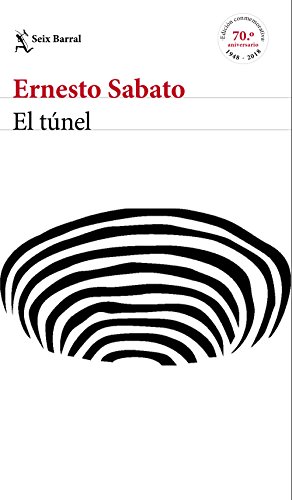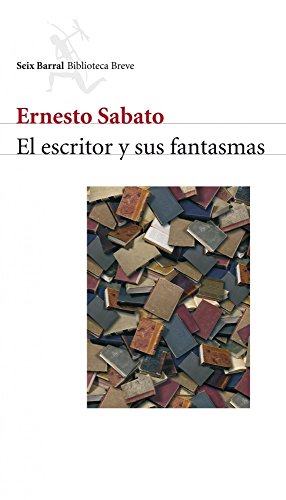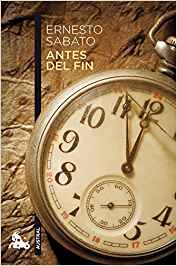El Ernesto sabato writer moved with equal ease in fiction and non-fiction narrative. Having known his social commitment since his student days, it is easy to understand this socio-political involvement through a multitude of essays. And that his finally was not a literary career to use.
In a certain way, we must recognize the strangeness of the expression "opposites attract" referring to people, but at the same time it is a quote as true as we breathe. Many scientists ended up orienting a large part of their lives towards the narrative, either by writing science fiction, testing or cultivating any kind of genre. It is about channeling concerns, and that is what scientists have in abundance.
Ernesto Sábato He naturally and masterfully assumed that almost antagonistic dedication in theory. Many of his works are considered great novels of our days and recognitions such as the 1984 Cervantes Prize confirm this double capacity.
And the time has come for me to determine what the three best novels by Ernesto Sabato.
Three recommended novels by Ernesto Sabato
The tunnel
For his first work of fiction, Sabato achieved the brilliance of the fundamental work the first time. Demonstration that the scientist's method and the fortune of inspiration can lead to great works on the first try (unlike any scientific essay or test)
Summary: It is one of the great South American novels of this century, whose echoes were soon picked up in Europe by Graham Greene and Camus. The story, mounted on the resources of the detective novel, develops a character who reveals his introspective psychology and imposes on the reader an analysis of hopelessness.
The protagonist, Juan Pablo Castel, futilely pursues the unattainable, which is nothing more than the return to childhood, symbolized in a painting window, a motive that has been reiterated for a long time in the narrative. Juan Pablo Castel is a painter held in prison for the murder of María Iribarne.
During his confinement, he recalls the chain of events that led him to lose control, to become a man with a dark interior, a man possessed by an insurmountable loneliness, the absence of the woman he loved to the limit, the deception that he has turned his heart into a cold hard piece of ice and has placed the knife that ends suffering in his hands.
The writer and his ghosts
It's always interesting to dive into the author's perspective on writing. The momentous question Why do I write? has different answers depending on the writer in question. The ghosts that drive us to write are unpredictable. And in the case of a scientist like Sabato it is always interesting to meet them.
Summary: This book - Ernesto Sabato tells us on his porch - is made up of variations on a single theme, a theme that has haunted me since I wrote: why, how and for what purpose are fictions written? a theory formulated externally as an organic body of doctrine - although it certainly is, and with exemplary rigor and lucidity, deep down - but in a particularly lively way, to the rhythm of external or internal stimuli, in notes that - as he points out Sabato— «they have something of a 'writer's diary' and are more like the kind of considerations that writers have always made in their confidences and in their letters».
Thus, from the brief almost aphoristic line to the most in-depth commentary —analytical or controversial— that currently refers to perennial problems, The Writer and His Ghosts —appeared for the first time in 1967, and which is given here in its definitive edition - contains an examination of Sabato's most characteristic concerns regarding the literature of our time and his own writing profession.
Before the end
Fiction about one's own life is a daring action, but I suppose it will also have a wonderful point of exposing your own life to the world as a kind of theatrical script that has already had its Premier for so many years. Interesting proposal from Sabato.
Summary: This is the story of a young man born in the pampas, who successfully undertakes a highly specialized career in the scientific world and even works at the Curie center in Paris, and then, in contact with the surrealists, abandons science for literature and art, in a courageous and challenging gesture, and with his first novel, rejected by the multitude of editors, he obtained the recognition of Albert Camus and Thomas Mann.
It is also the story of a rebellious man, related from very early to anarchism and the revolutionary left, who discovers and denounces the masks of Soviet totalitarianism and then, in his old age, presides with extraordinary personal courage the commission that investigates the horror of the disappeared in Argentina and reveal the magnitude of the genocide.



